
News
Latest news and updates from celebrity gossip to stories around the world.
Today
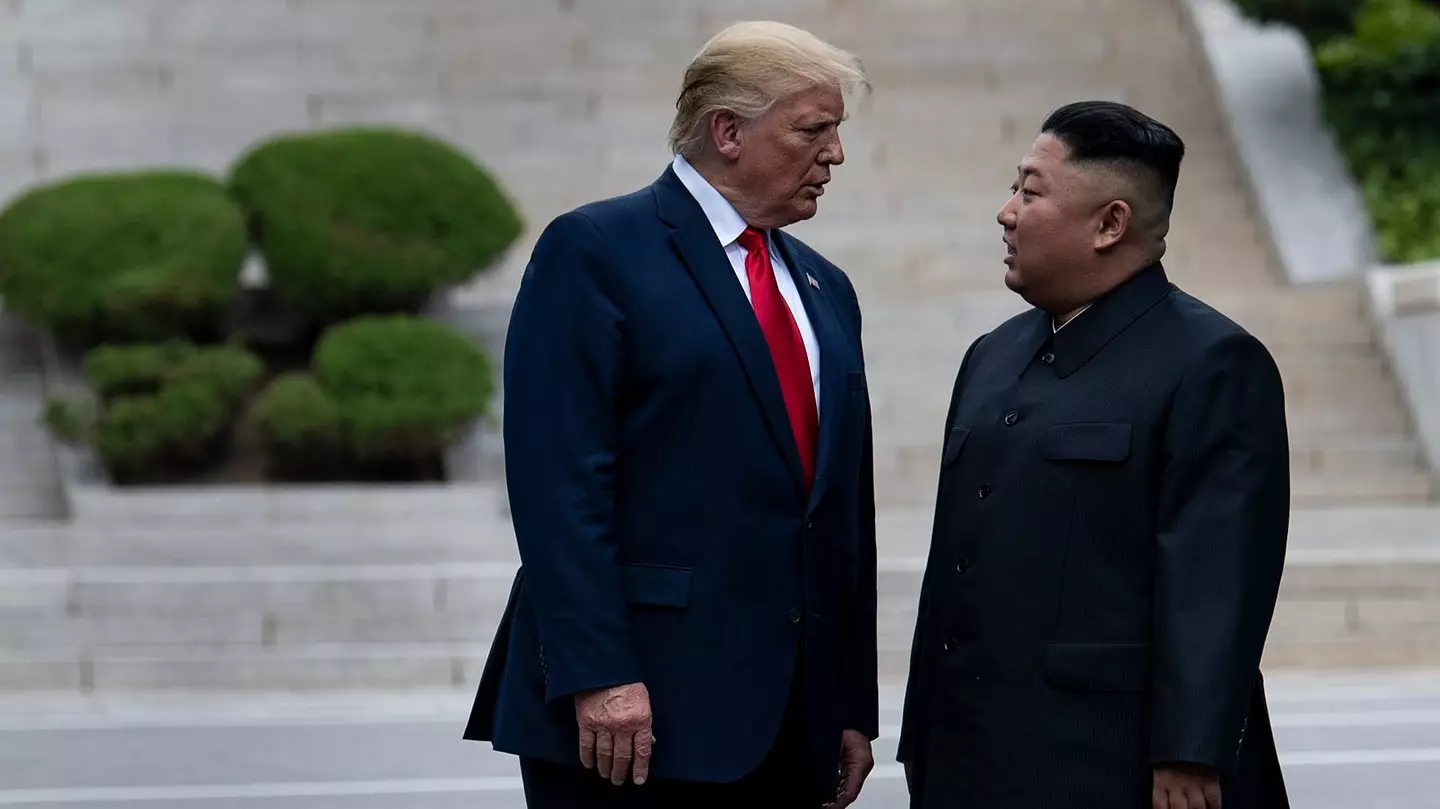
North Korea's Supreme Leader has reportedly chosen his heir
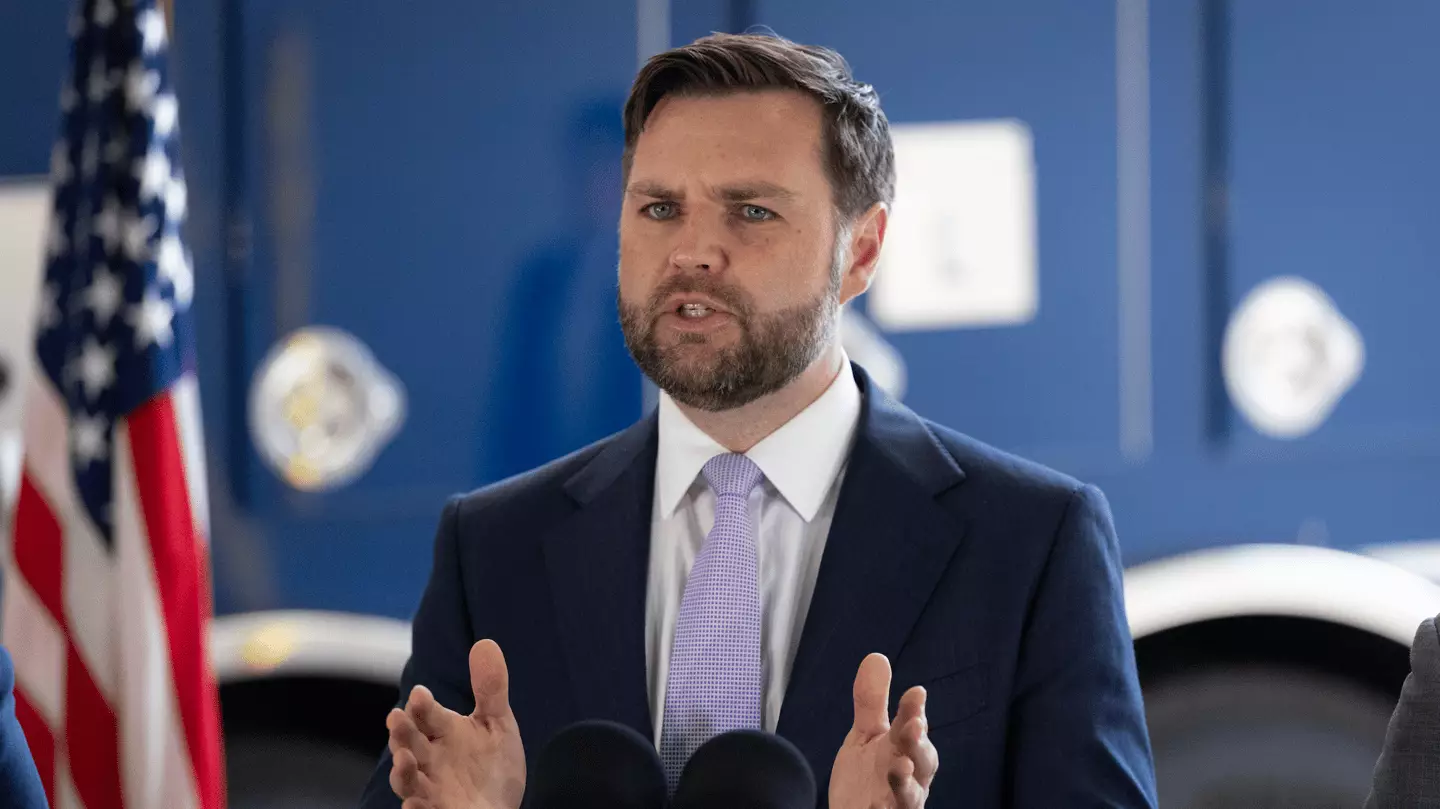
The Winter Olympics is in full swing in Milan
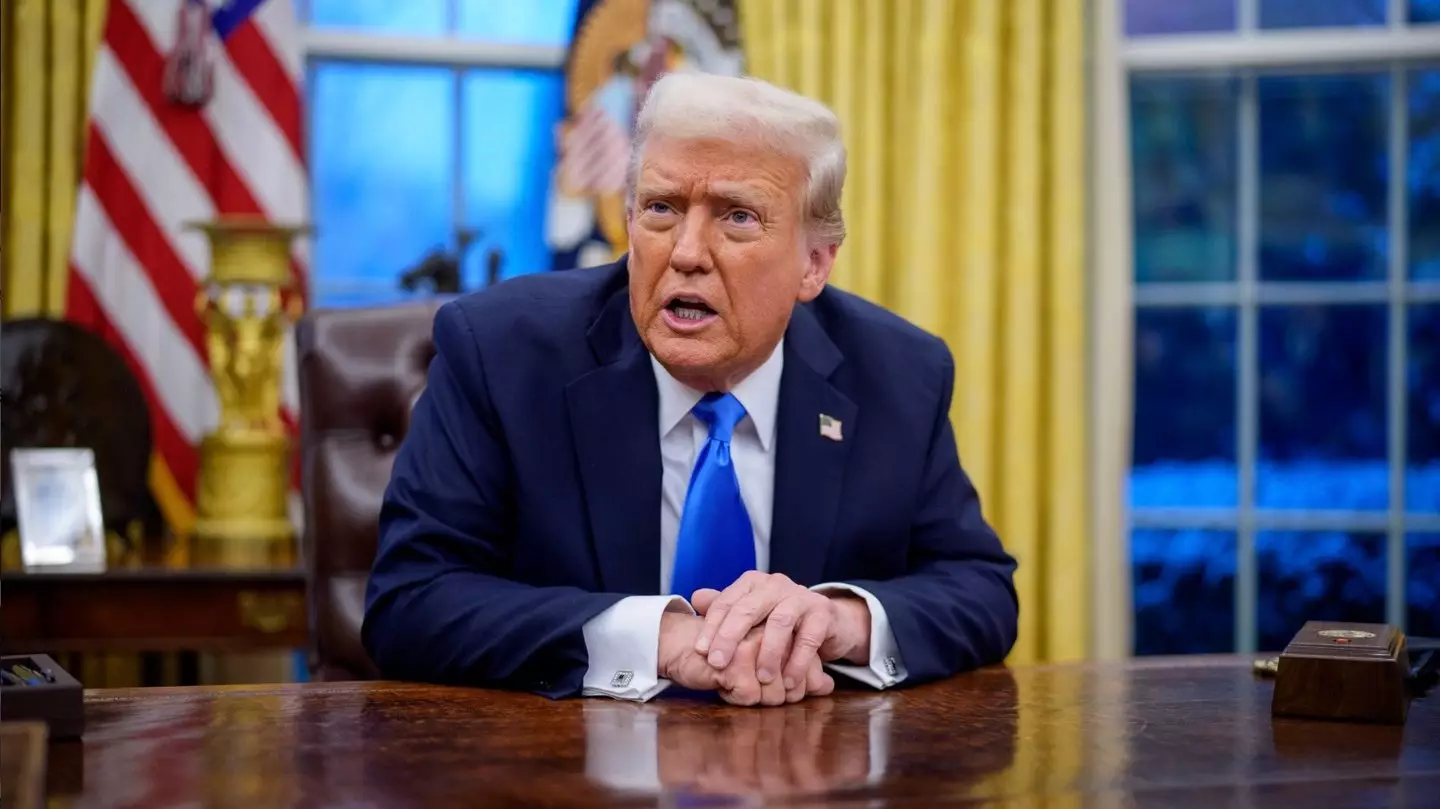
White House press secretary Karoline Leavitt previously defended the video, slamming criticism as 'fake outrage'
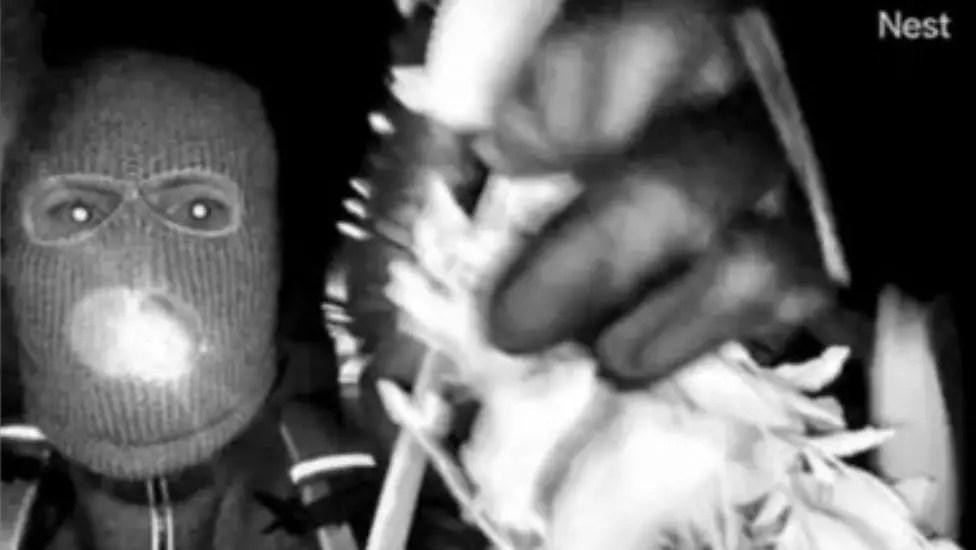
Nancy Guthrie, 84 - mother of TODAY host Savannah Guthrie - was last seen on 31 January at her home outside Tuscon, Arizona
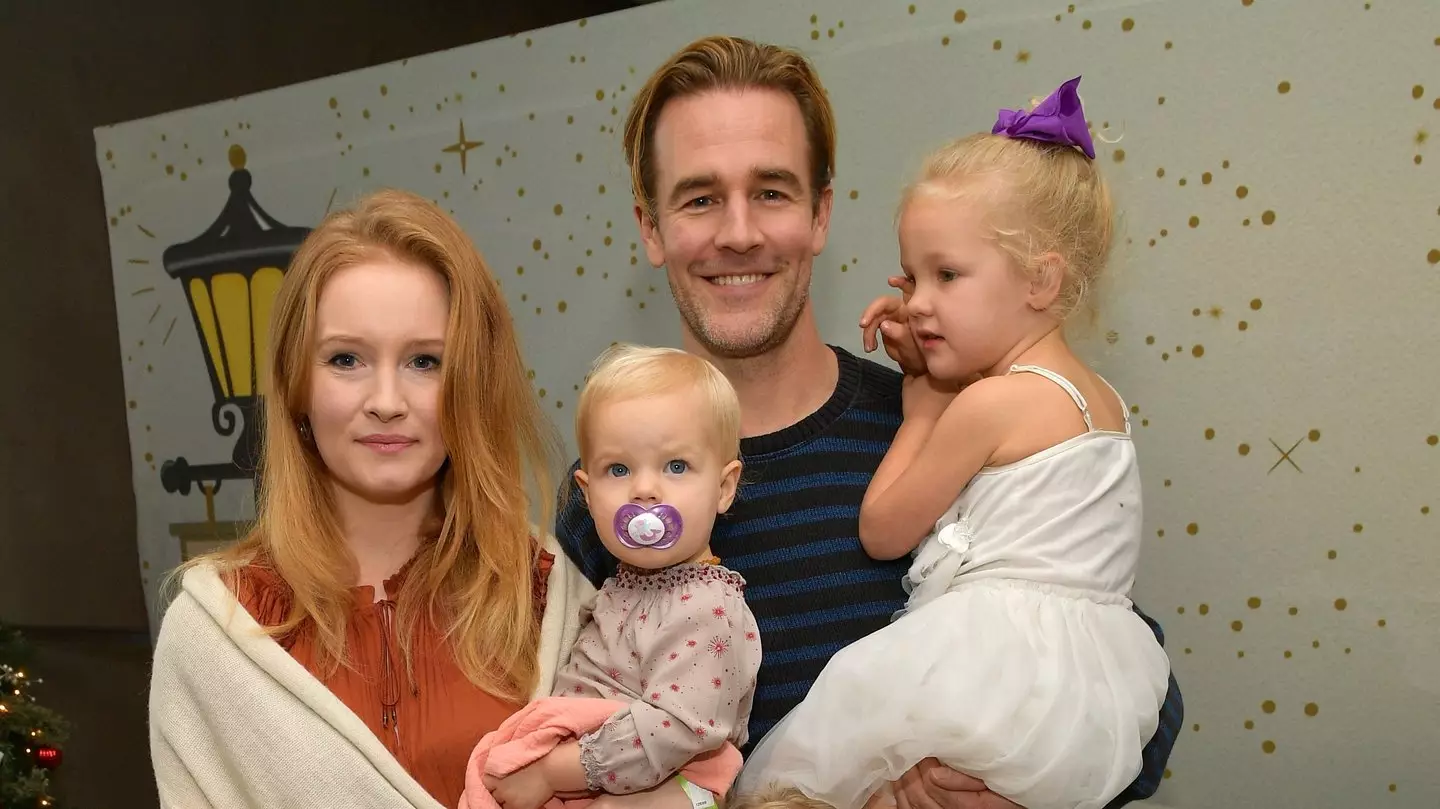
The donations will be used to 'cover essential living expenses, pay bills and support the children’s education'
Yesterday

The US President issued an apology to Oklahoma during a fiery Truth Social rant
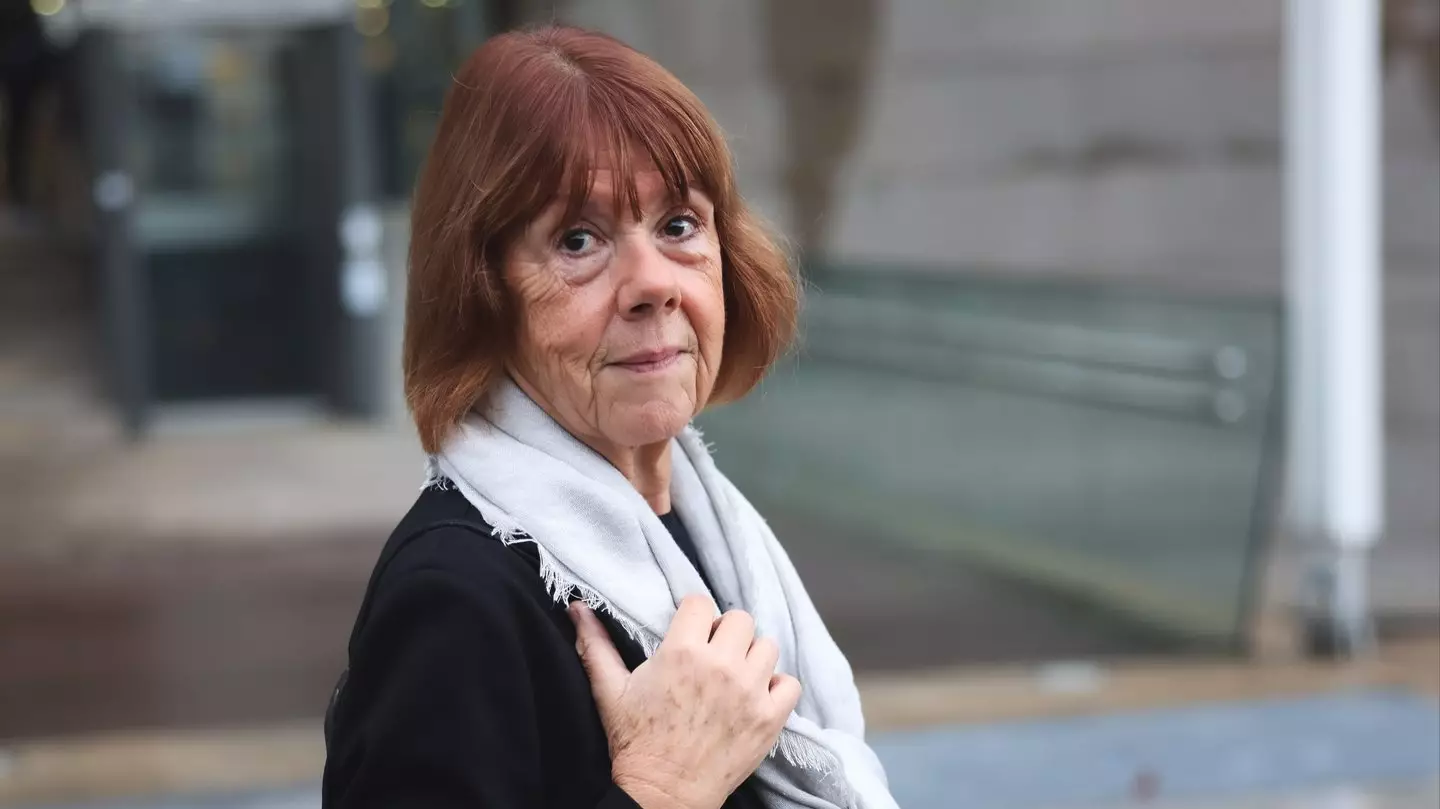
Gisèle Pelicot was subjected to a decade of abuse at the hands of her husband and more than 70 other men

South Korea's spy agency has issued a statement on the reports
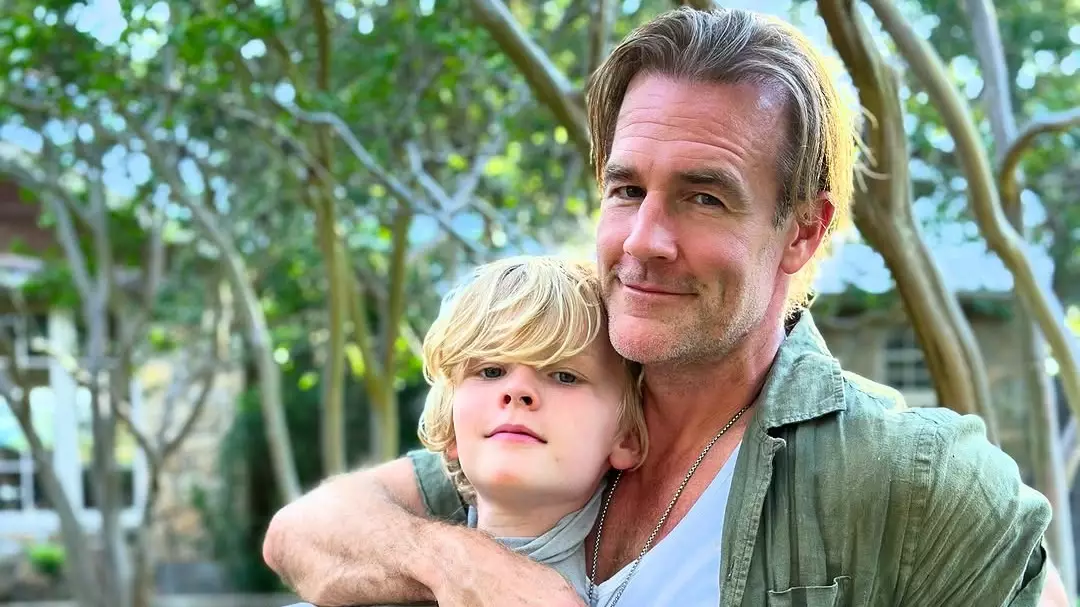
The Dawson's Creek star previously revealed the cancer symptom that prompted a visit to the doctors
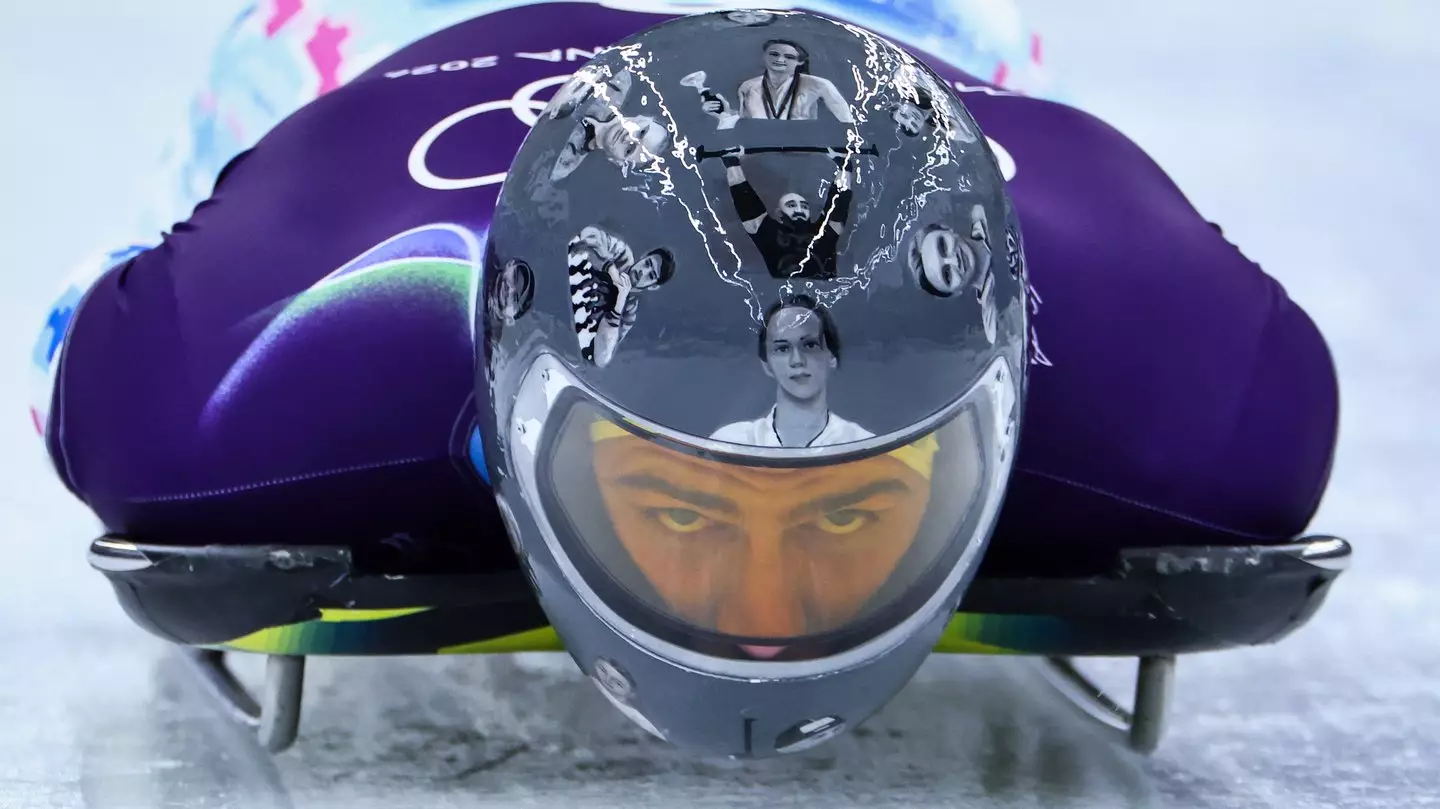
The Olympian said he feels 'emptiness' at not being allowed to compete
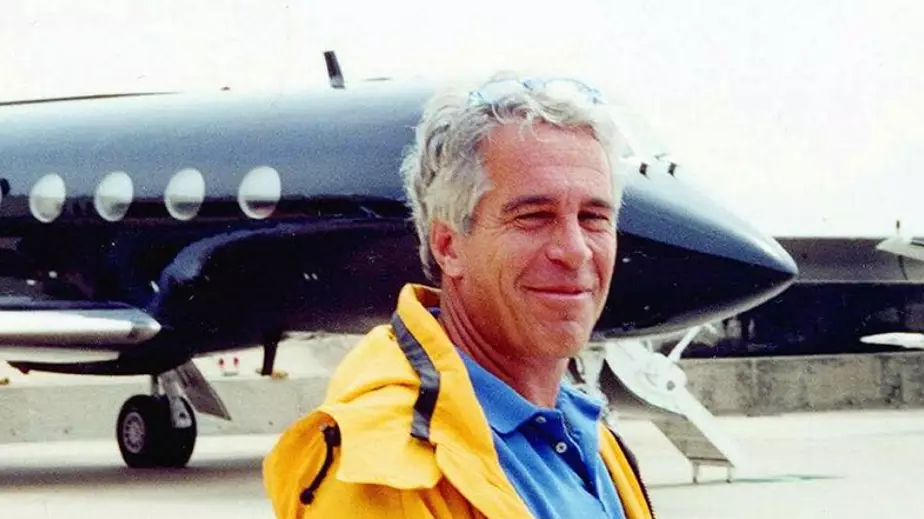
A PokéStop was added to Little Saint James by a player a few years ago
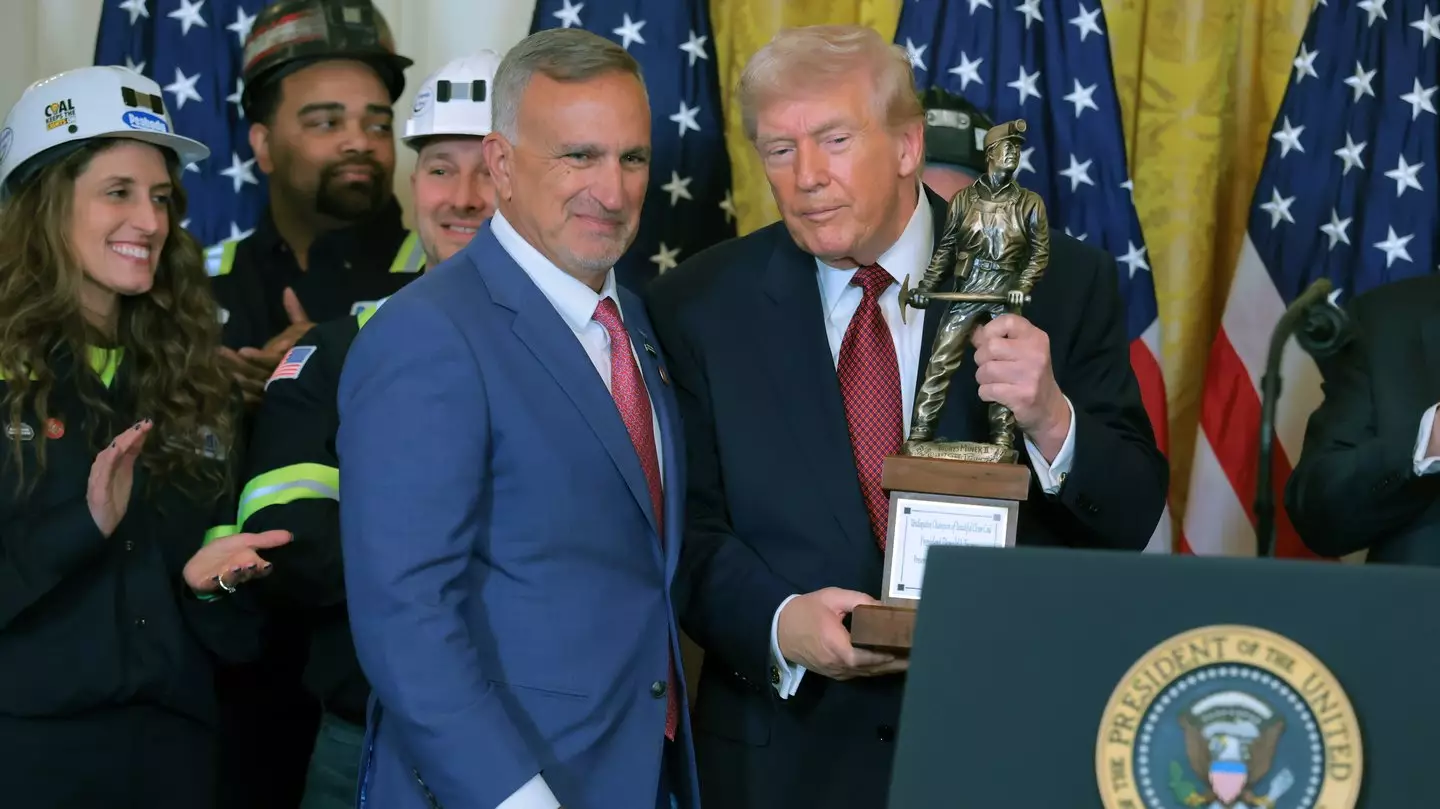
The US president has officially been named the 'Undisputed Champion of Beautiful Clean Coal'
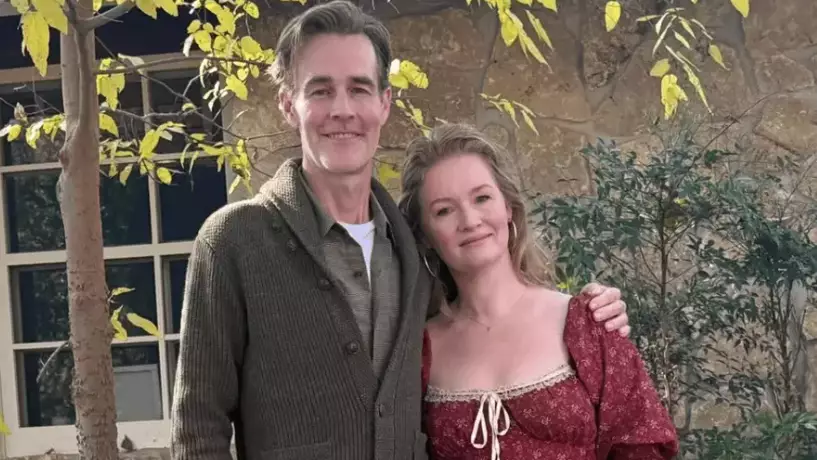
The Dawson's Creek actor died 'peacefully' at his home, aged 48, following a battle with bowel cancer
.jpg)
Sturla Holm Lægreid of Norway, 28, described his infidelity as his 'biggest mistake'
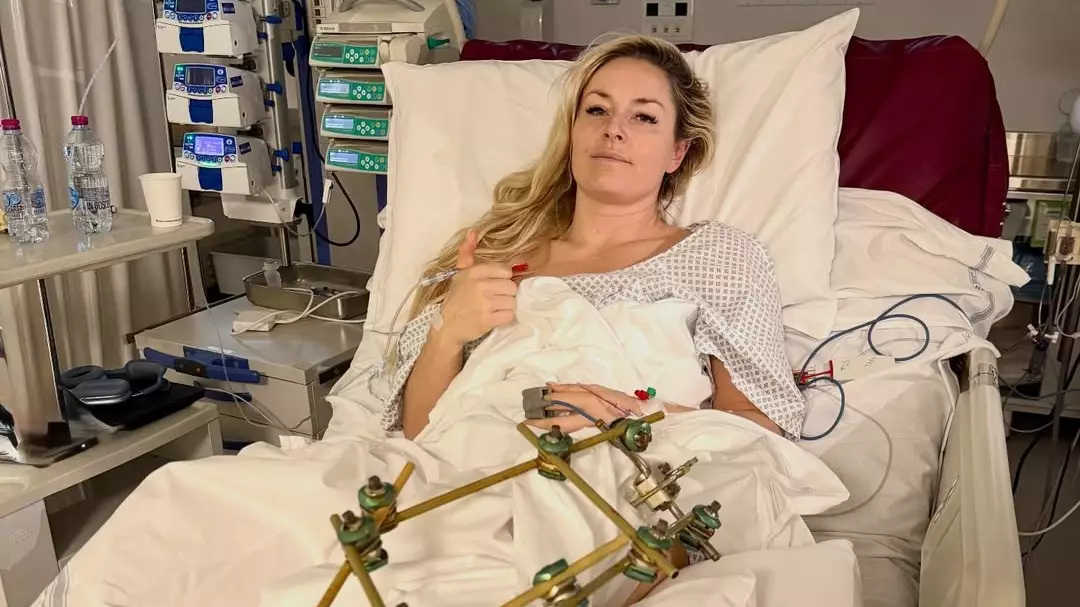
Lindsey Vonn shares positive update after horrific Olympic crash left her needing multiple surgeries
The Team USA skier suffered mid-air collision just 13 seconds into her race on Sunday (8 February)
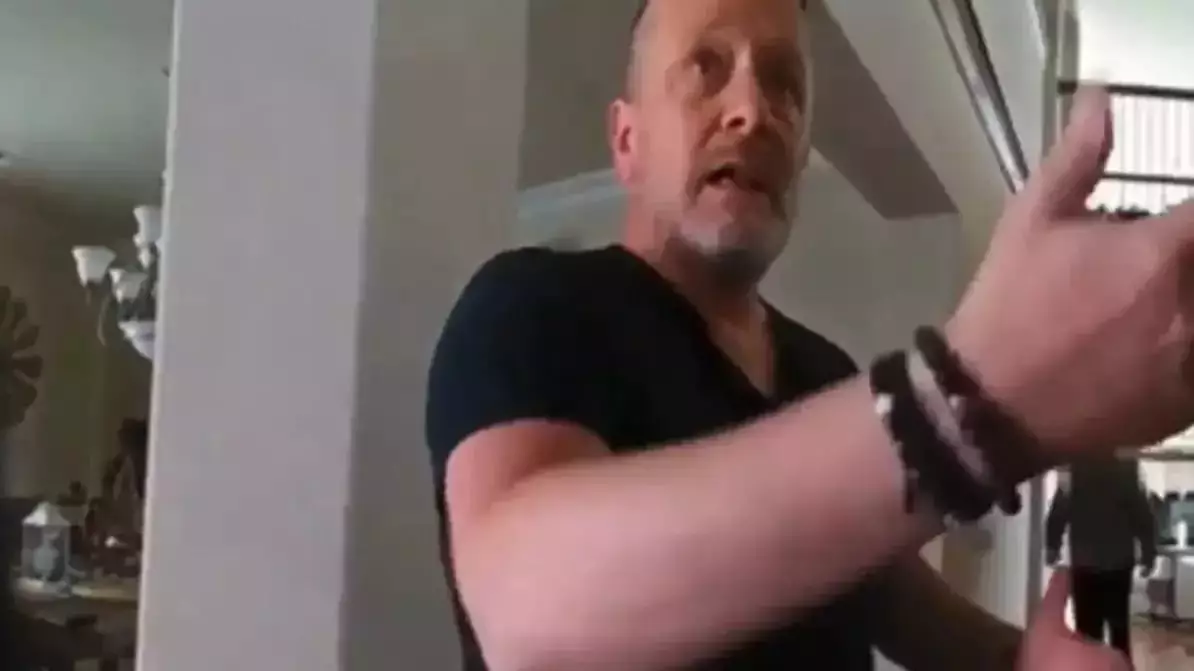
Lucy Harrison, from Warrington, Cheshire, had been visiting her father, Kris, at his home in Texas when he fatally shot her with a 9mm Glock
11 Feb 2026

The female body is pretty miraculous
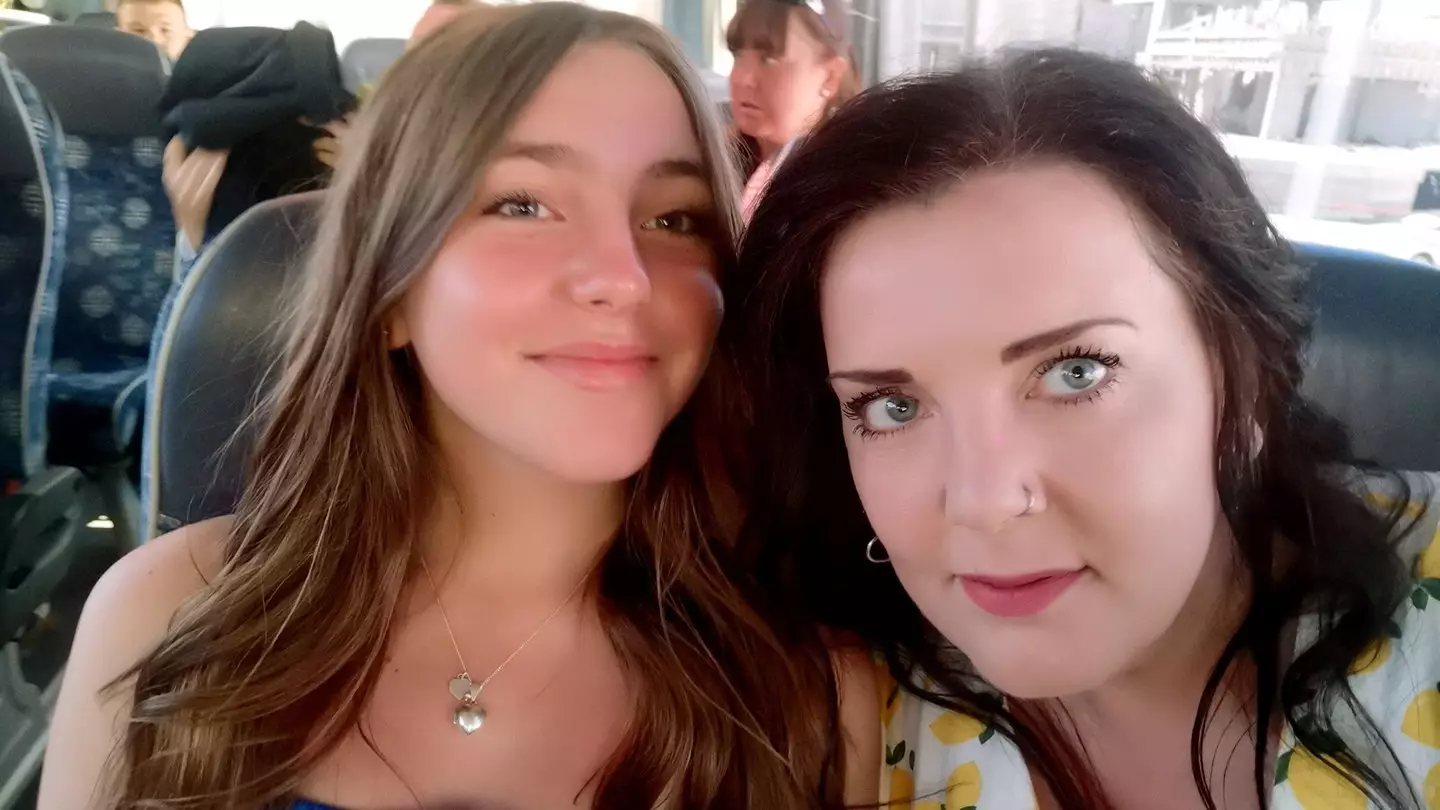
Chloe Longster tragically died after being dismissed as a 'diva teen'
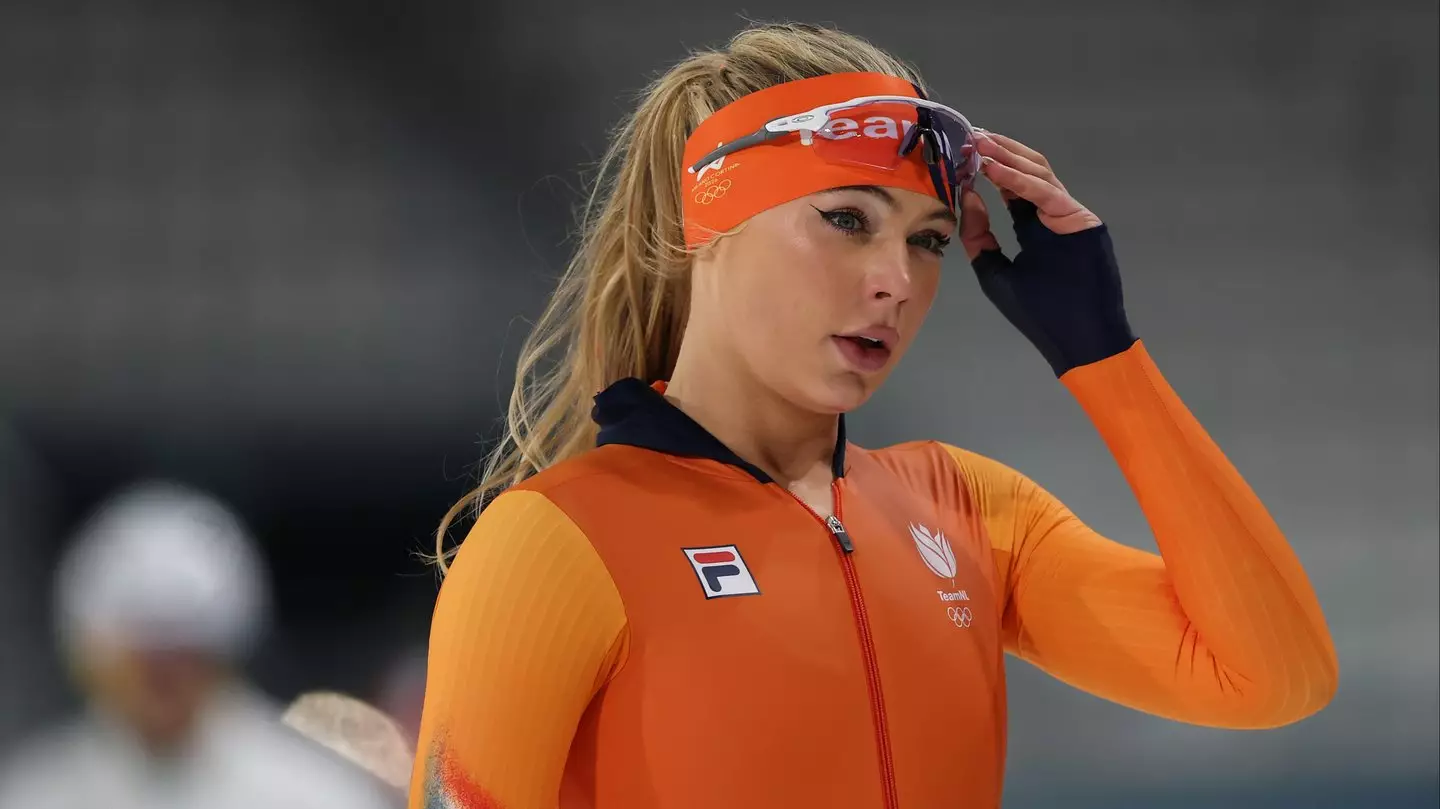
Jutta Leerdam won gold in the 1000m and 500m speed-skating events
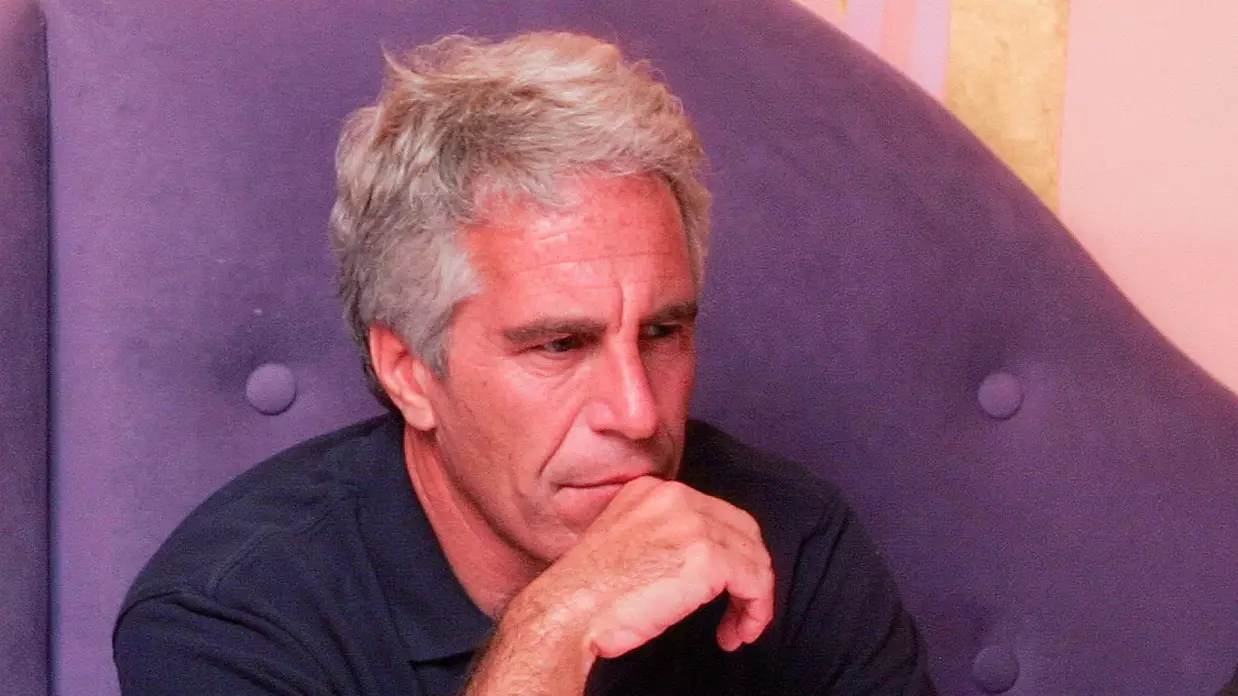
Billionaire businessmen Leslie Wexner and Sultan Ahmed bin Sulayem are among the names
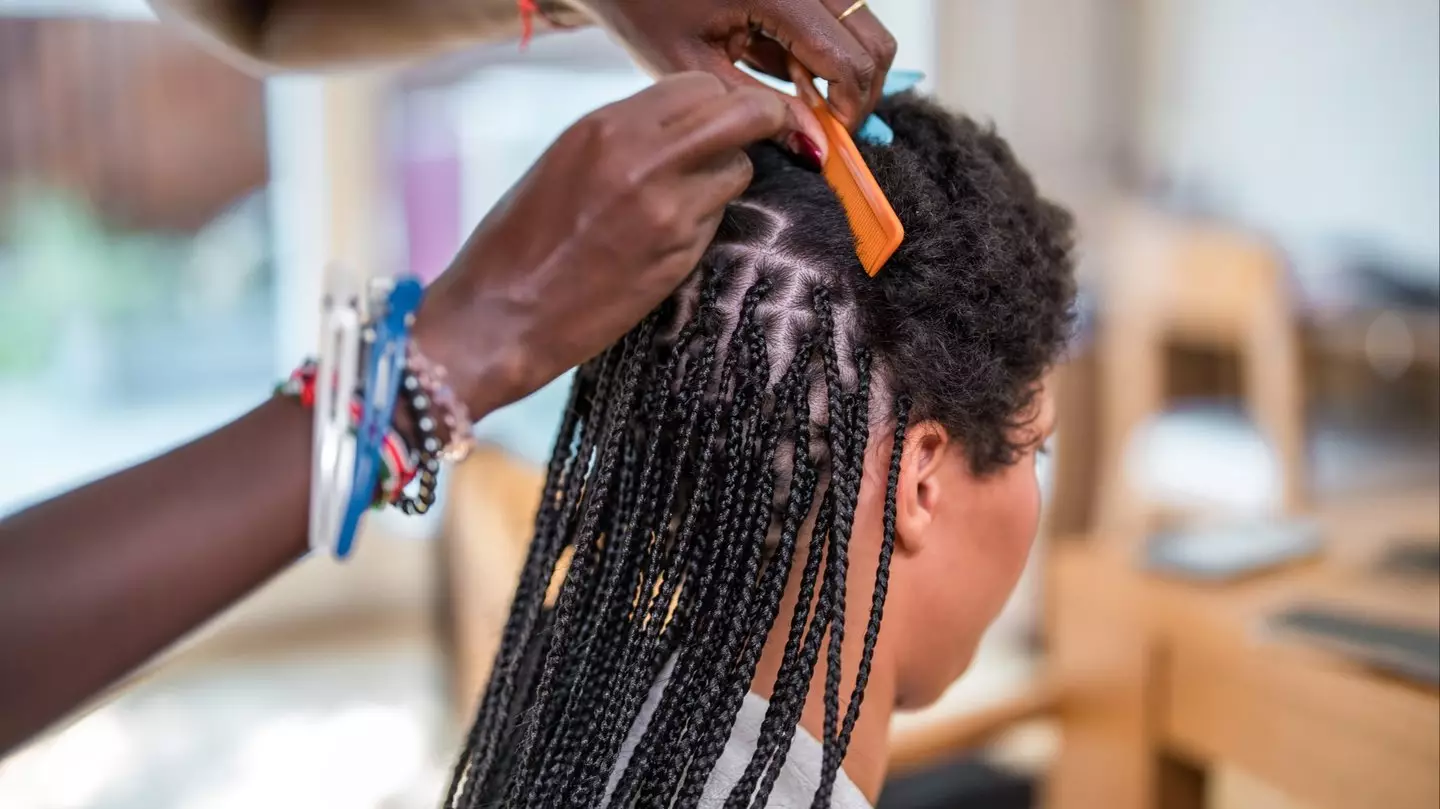
Black women in particular are being 'overexposed' to the risks associated with these products
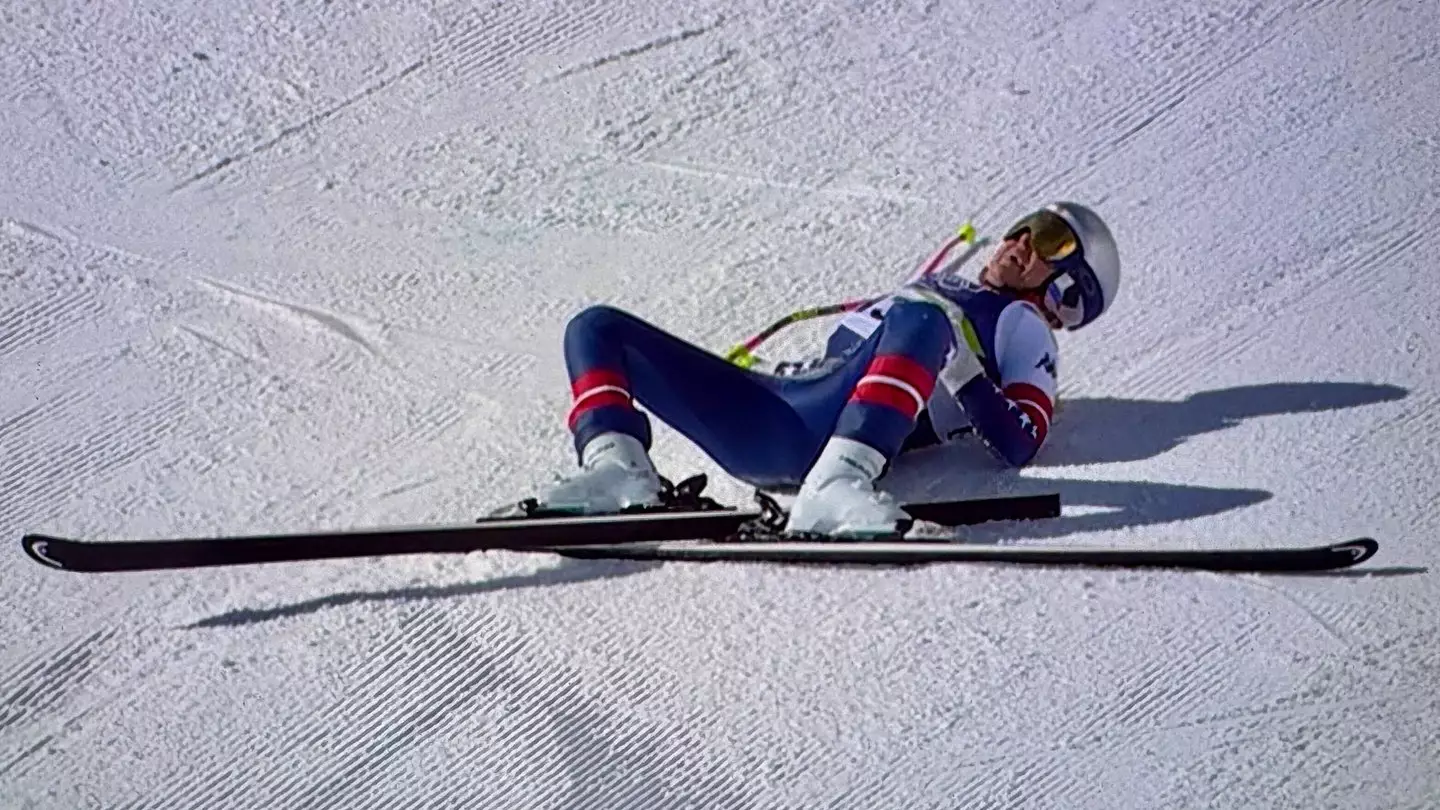
Team USA's Lindsey Vonn was sent somersaulting off the course after clipping a gate during the women's downhill skiing final

Donald Trump is mentioned thousands of times in documents related to the crimes of sex offender Jeffrey Epstein
.jpg)
Olympic athletes have to follow a strict set of rules and regulations when it comes to their clothing

